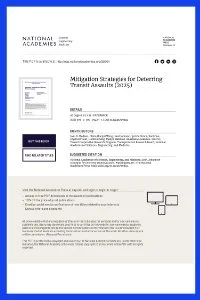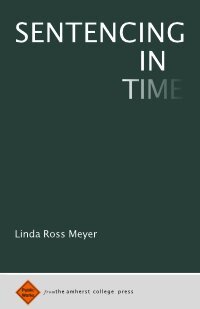By Joan G. Hudson, et al.
This guidebook provides guidance for transit agencies seeking to address and mitigate assaults on passengers and transit workers. Developed through an extensive research effort—including a literature review, national assault data analysis, agency surveys, focus groups, and interviews with six transit agencies—this guidebook equips agencies with practical strategies and evidence-based recommendations to enhance safety and security in the transit environment.
Assaults on transit systems, while varying across time, location, and agency size, pose significant safety concerns for both passengers and transit workers. This guidebook begins by outlining the scope of the issue, including definitions, key facts, and the impact of the transit environment on perceived and actual security. The guidebook then presents national data trends and insights into the causes, risks, and consequences of transit-related assaults.
National Academy of Sciences.. 2025. 95p.



